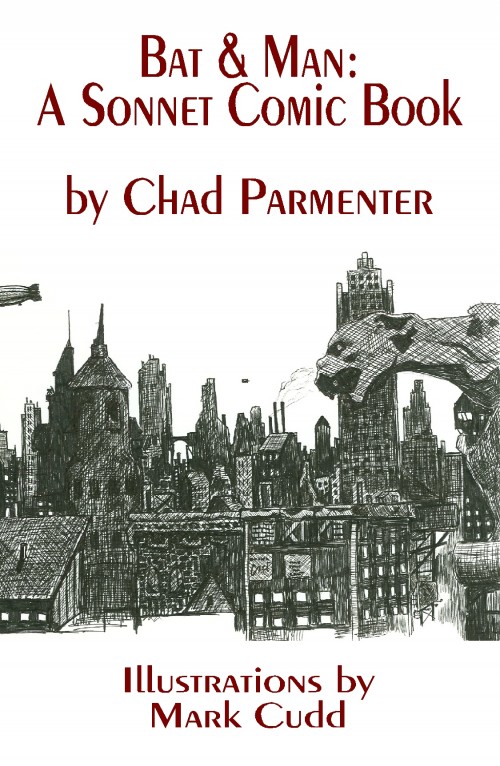The always awesome thought-space continent. has an excerpt from Jamie Iredell’s forthcoming nonfiction book, Last Mass, a memoir about growing up as a Catholic in California, and about the Spanish missionaries who first settled the state.
I can only imagine how golden the whole book will be, given that this brief excerpt covers dinosaurs, hallucinogens, Sir Francis Drake, Wallace Stevens, quantum physics, The Sound of Music, and the Devil, just to name a few. Here’s a snippet, then check out the whole thing:
My sister tells me that she sits next to a handsome man on a flight across the country. After chitchat, she withdraws her book. She’s reading Kevin Sampsell’s A Common Pornography. After a few moments, the handsome man also reads from his book—his leather-bound Bible. Sister thinks, Oh, Jesus—too bad. She falls asleep. Later, settled in Nashville, she opens her volume and out falls a Jesus-covered card that reads, You can still find God and Salvation! Because that handsome God-fearing young man saw that word—pornography.




